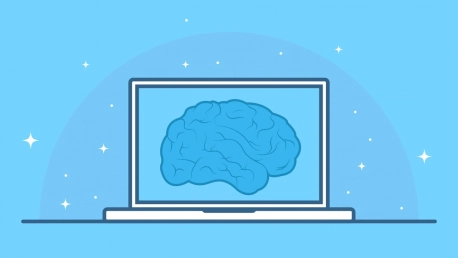As AI technology continues to spread across various sectors, the importance of infusing ethical considerations into its deployment cannot be overstated. AI’s influence on privacy, fairness, and accountability brings to light the necessity of aligning its evolution with core human values. Striving for ethical AI means incorporating responsible practices from the outset, ensuring that technological developments not only advance societal progress but also safeguard individual freedoms. Achieving this equilibrium is paramount as we aim to harness AI for the collective benefit while maintaining respect for personal rights.
Addressing Transparency and Accountability
Transparency stands as a fundamental pillar in the realm of ethical AI. Given that AI decisions can deeply impact individuals, the ability to discern the thought process behind these judgments is crucial. The ‘black box’ nature of many AI systems, particularly deep learning algorithms, complicates this endeavor. Efforts must be channeled toward developing explainable AI, ensuring that systems are not only transparent in their code but also in their decision-making processes, making them accessible to users and stakeholders.Alongside transparency, accountability is indispensable. Identifying fault and rectifying errors or biases in AI systems demands clear channels of responsibility. Solutions may include rigorous AI audits, ethical oversight committees, or stringent regulations holding companies to account for their AI applications. Accountability fosters trust in AI technologies and assures that any missteps are addressed responsibly and promptly.
Combating Bias and Ensuring Privacy
The pursuit of ethical AI also encompasses the prevention of bias and the protection of privacy. Bias in AI often stems from skewed training data, which can inadvertently solidify existing social prejudices. This challenge necessitates the use of diverse and inclusive data, alongside proactive measures to detect and eliminate biases, thereby promoting fairness and preventing the perpetuation of societal inequalities.Safeguarding privacy within the AI landscape is equally critical. The extensive data required to fuel AI systems poses risks to individual privacy if not managed properly. Robust data protection strategies, transparent consent frameworks, and strict data usage guidelines are essential. Implementing such protections ensures a balance between leveraging AI’s advantages and respecting privacy rights.In conclusion, the construction of ethical AI is a multifaceted endeavor that necessitates a collective effort—from policymakers to developers, ethicists to the general public. Ethical AI should not only augment human functionality but do so while unwaveringly upholding our most cherished principles.









